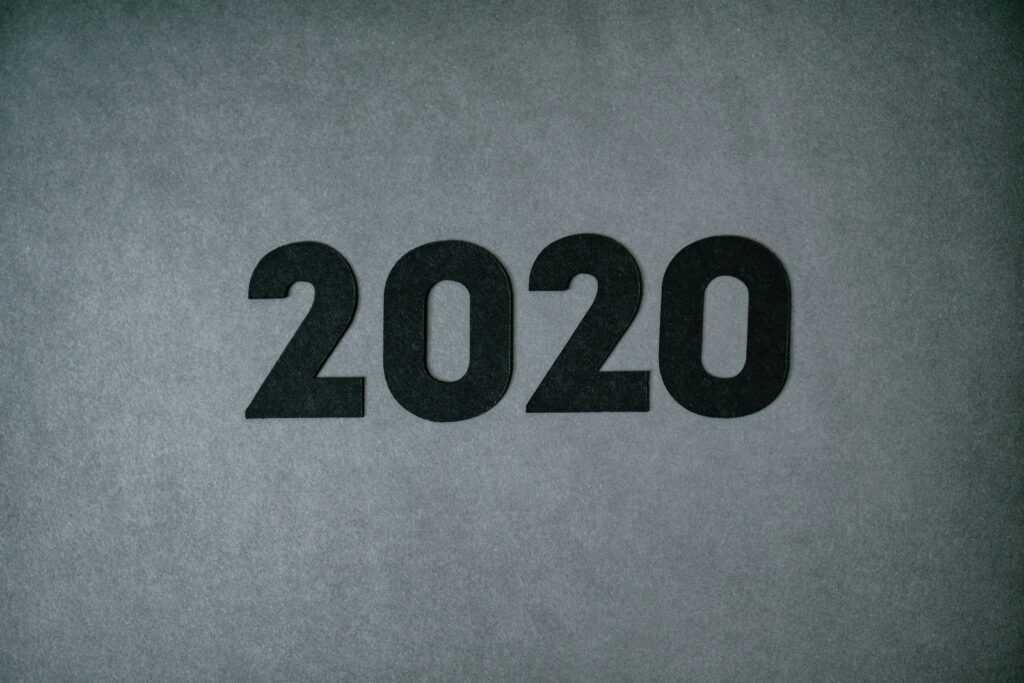In the ever-evolving landscape of Middle East peace negotiations, the latest developments have captured global attention. The region, known for its complex history and intricate diplomatic challenges, is once again at the forefront of international discourse. As an avid follower of geopolitical affairs, I find the nuances of these talks both fascinating and crucial in shaping the future of the Middle East.
With key players engaging in dialogue and making significant strides towards reconciliation, optimism and skepticism intertwine in equal measure. As I delve into the intricacies of the recent breakthroughs and setbacks, it’s clear that the path to lasting peace is paved with obstacles yet ripe with opportunities. Stay tuned as I unravel the latest updates and analyze the impact of these developments on regional stability and global politics.
Overview of Recent Developments in Middle East Peace Talks
In the evolving landscape of Middle East peace negotiations, it’s crucial to grasp the latest developments to comprehend their impact deeply. As key players navigate the intricate web of diplomacy, strides towards reconciliation bring a blend of hope and skepticism, shaping the region’s future. Progress is marked by challenges intertwined with opportunities, setting the stage for a transformative journey towards lasting peace.
Key Players and Their Roles
- Israel: Taking a central role in the peace talks, Israel aims to secure its borders, ensure its security, and establish peaceful relations with neighboring nations.
- Palestine: With a focus on statehood and sovereignty, Palestine seeks to address key issues like borders, refugees, and Jerusalem’s status in the negotiations.
- United States: As a significant facilitator, the U.S. plays a vital role in mediating discussions and encouraging both parties to engage constructively towards a sustainable solution.
- United Nations: Acting as an observer and advocate for international law, the UN supports efforts to reach a fair and just resolution to the conflict.
- Borders and Territories: Discussions center on defining borders, resolving territorial disputes, and addressing the issue of Israeli settlements in the West Bank.
- Security Measures: Ensuring the safety and protection of all parties involved, security arrangements are a crucial aspect of the negotiations.
- Refugee Crisis: Addressing the plight of Palestinian refugees and their right of return remains a key sticking point in the peace talks.
- Jerusalem Status: Determining the status of Jerusalem and its significance to both Israelis and Palestinians forms a critical part of the ongoing negotiations.
Stay tuned for further updates on the developments in Middle East peace talks as we delve deeper into the complexities and implications of these crucial dialogues.
Challenges Impacting the Peace Talks
Political Tensions in the Region
Amid ongoing Middle East peace talks, navigating the complex web of political tensions remains a significant challenge. The region grapples with deep-rooted historical conflicts and power struggles, making it difficult to forge lasting agreements.
Economic Factors and Their Influence
Economic considerations play a pivotal role in shaping the dynamics of peace negotiations in the Middle East. Issues such as resource distribution, economic disparities, and trade relationships can either facilitate or hinder progress towards a sustainable resolution.
Potential Outcomes of the Peace Talks

In analyzing the potential outcomes of the Middle East peace talks, several short-term predictions and long-term possibilities emerge.
Short-Term Predictions
In the short term, one possible outcome could be a temporary ceasefire agreement between Israel and Palestine, aiming to reduce immediate hostilities and provide a platform for further negotiations. This ceasefire may involve compromises on certain contentious issues, such as border security or access to religious sites, to build mutual trust and create a conducive environment for dialogue.
Another short-term prediction is the involvement of regional stakeholders, such as neighboring Arab countries or international mediators, to facilitate discussions and offer support for the peace process. Their engagement could bring fresh perspectives, additional resources, and increased pressure on the involved parties to reach interim agreements or confidence-building measures.
Long-Term Possibilities
Looking ahead, long-term possibilities include the establishment of a comprehensive peace agreement that addresses core issues like borders, refugees, security, and the status of Jerusalem. Achieving such an agreement would require sustained commitment from all parties, as well as innovative solutions to complex problems that have hindered progress in the past.
Moreover, a successful peace accord could pave the way for increased economic cooperation, regional stability, and improved living conditions for people in the region. Enhanced trade relationships, joint infrastructure projects, and shared security frameworks could transform the landscape of the Middle East, fostering a sense of common purpose and cooperation among previously adversarial nations.
International Responses and Involvement
The Role of the United Nations
In the Middle East peace talks, the United Nations plays a vital role as a mediator and facilitator. It provides a neutral platform for discussions, assists in conflict resolution, and helps implement any agreements reached by the involved parties. The UN Security Council also monitors the situation closely, issuing statements and resolutions to promote peace and stability in the region.
Influence of Major World Powers
Major world powers like the United States, Russia, China, and the European Union have significant influence on the Middle East peace process. They often participate in negotiations, provide political support to the parties involved, and can exert pressure to push for progress. These powers bring diplomatic expertise, resources, and geopolitical weight to the table, affecting the direction and outcomes of the peace talks significantly.


